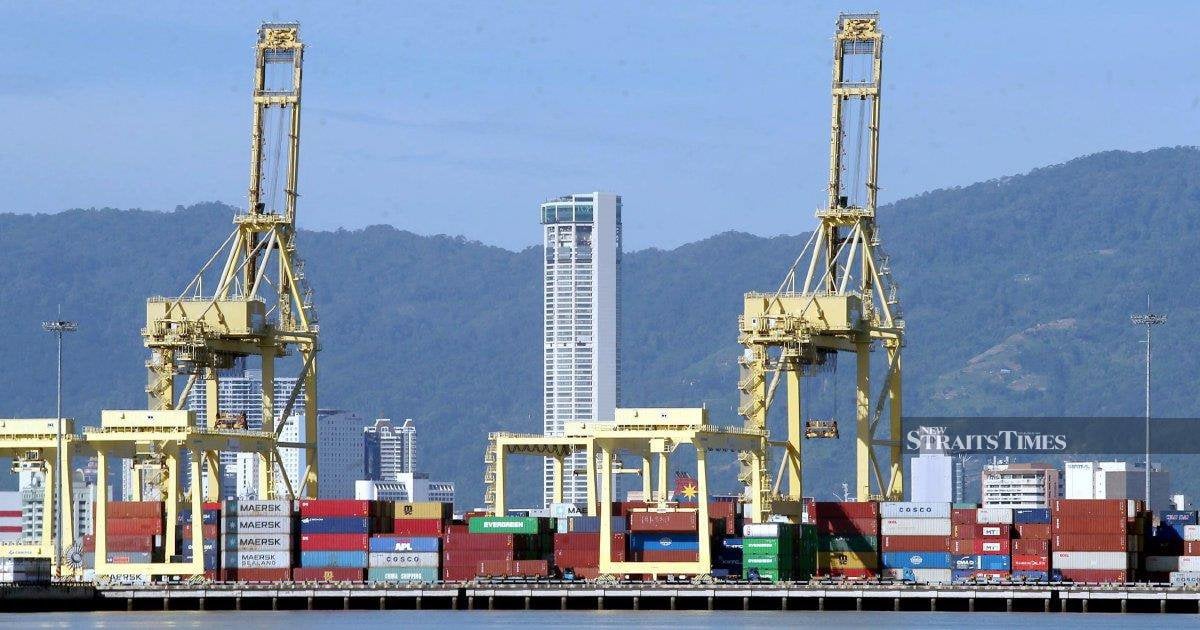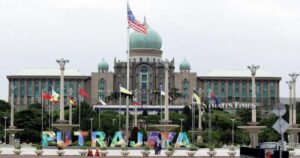LETTERS: MALAYSIA’S vulnerability to external shocks has become increasingly evident amid shifting trade dynamics and rising protectionism, which pose challenges to the country’s long-term economic planning.
If we look at our economic contribution by sectors, electrical and electronics (E&E) products remain Malaysia’s export strength, contributing around 40 per cent of the country’s total exports.
In 2024, the United States was Malaysia’s largest export market for E&E products, representing about 20 per cent of total exports of such products.
In addition to being a significant player in the global semiconductor supply chain, Malaysia contributes around seven per cent to the overall global semiconductor market volumes, ranking as the world’s sixth-largest semiconductor exporter.
As of September 2025, imports of semiconductors by the United States remain exempt from tariffs. Any removal of this exemption could result in repercussions, reduce competitiveness and strain sectors that are closely integrated with the US supply chain.
With that in mind, the recent Agreement on Reciprocal Trade (ART) between Washington and Kuala Lumpur, which encourages the US to consider Malaysia’s semiconductor sector position, will have a positive impact. It also provides greater assurance to investors that Malaysia’s access to the American market remains stable, which in turn will boost investors’ confidence, making us a stepping stone to serve the global market.
Furthermore, the ART opens opportunities for foreign investment and technology transfer in the rare earth element (REE) sector, which will incentivise the growth of Malaysia’s value-added downstream industries.
Negotiating the ART was a necessary and proactive effort. Without it, Malaysia faced the risk of higher US tariffs, potentially ranging from 25 to 50 per cent.
Such a scenario would severely impact the E&E and semiconductor sectors, threaten jobs for over 72,000 skilled workers in the industry, and adversely affect the economy.
At the same time, we also need to implement swift and proactive measures to build resilience against the sluggish global economy and persistent geopolitical unrest in the long term.
The country must continue to broaden export markets by prioritising high-growth regions by leveraging existing free trade agreements, including the Comprehensive and Progressive Agreement for Trans-Pacific Partnership (CPTPP), the Regional Comprehensive Economic Partnership (RCEP), and the incoming Malaysia-EU FTA (MEUFTA), which is slated to be finalised by next year.
The strong support from the Brazilian President for Malaysia’s aspiration to become a full member of the BRICS bloc, expressed during the recent Asean summit, was a welcome development for the country’s plans to expand its export footprint into emerging markets across Asia, the Middle East, Africa, and Latin America.
DR AHMAD SHAHIR ABDUL AZIZ
Chief Operating Officer, InvestPerak, Malaysia
The views expressed in this article are the author’s own and do not necessarily reflect those of the New Straits Times
© New Straits Times Press (M) Bhd






